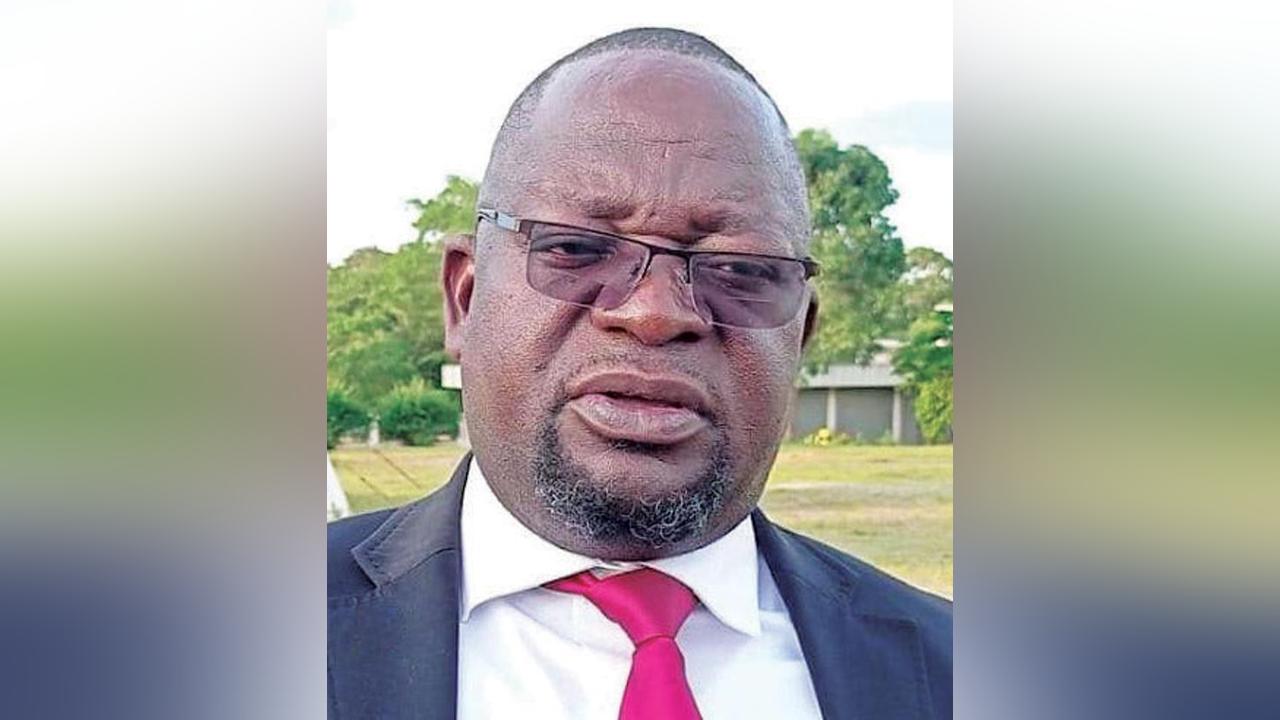Africa-Press – Malawi. Misunderstandings have re-emerged in the erstwhile ruling Democratic Progressive Party (DPP) after the appointment of two members, Mganda Chiume as deputy secretary general and Thomson Kamangira as deputy director for International affairs. According to the letter, dated January 19 2023 and signed by party administrative secretary Francis Mphepo, the appointment is with immediate effect.
“I wish to cordially inform you that the party has appointed you deputy national director for international affairs with immediate effect. Notably, the constitution of the democratic Progressive Party article 9 (5c) empower the central committee to make appointment whenever [a] vacancy [is] available “the letter reads.
Kamangira confirmed being appointed to the position. “I can confirm that I have received the letter and I am ready to work for the betterment of my party,” Kamangira said
Party spokesperson Shadric Namalomba also confirmed the development. However the appointment has irked some DPP NGC members, who have described the move as unprocedural.
Outspoken party member Ken Msonda said the Central Executive Committee never meet to endorse the names. “We want to know when and where the Central Executive Committee met? Who was present? Where are the minutes?” Msonda said
According to Msonda the last time party gurus met over a cup of coffee, tea and wine was to go through the Functional Review Report. He said the meeting was not a Central Executive Committee meeting because some members who attended are not Central Executive Committee members. Meanwhile, political and governance commentator Ernest Thindwa has said the development is not surprising.
“One of the challenges facing political parties in the country is lack of institutionalisation of democratic norms, which exposes parties to whims of influential personalities. Parties have not evolved into mass political groupings whose agenda is driven by the party membership but remain largely personal instruments for perceived ethnic or regional patrons or cliques, thereby creating tension between personal interests of the influential and the greater collective good, culminating in never ending conflicts which may degenerate into party factionalisation, “ Thindwa said.
For More News And Analysis About Malawi Follow Africa-Press






